MercoPress. South Atlantic News Agency
Stories for July 28th 2009
-
Tuesday, July 28th 2009 - 15:07 UTC
Uruguay downgrades 2009 growth estimate to 0.7%
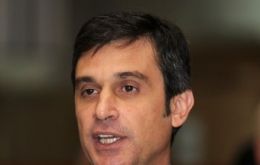
Uruguay’s Finance minister Alvaro García for the third time in eight months downgraded the country’s growth estimate for 2009. At a press conference following the regular Monday cabinet meeting, Gracía said that the economy will expand 0.7% this year, down from the April estimate of 2% and 3% from last December.
-
Tuesday, July 28th 2009 - 14:50 UTC
European Union tightens fisheries conservation policies
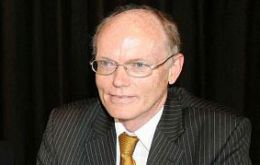
The European Union is committed to combat all predatory practices in the European Community seas and globally to ensure the conservation of many species on the verge of extinction. For this purpose the EC has the Community Fisheries Control Agency, CFCA, based in Vigo, Spain.
-
Tuesday, July 28th 2009 - 14:44 UTC
China displaces the US as main trading partner of Chile

China overtook the United States as the principal consumer of Chilean goods in the first half of 2009, reaching its highest percentage share of Chilean exports yet. China’s continued appetite for Chilean copper, among other commodities, has helped cushion Chile’s overall drop off in exports.
-
Tuesday, July 28th 2009 - 14:39 UTC
US/China ever more competitors but also inter-dependent
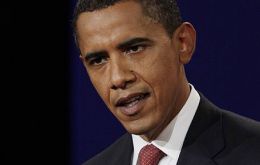
The relationship between United States and China will shape the 21st Century, said President Barack Obama as top officials met Monday in Washington for talks. “Co-operation, not confrontation” was the way forward, he said, with climate change, security and the economy all areas where common ground existed.
-
Tuesday, July 28th 2009 - 14:35 UTC
British Chancellor warns banks about interest rates
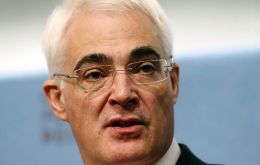
Britain’s Chancellor of the Exchequer Alistair Darling has told bank chiefs that businesses should be given the lowest possible interest rates on borrowing.
-
Tuesday, July 28th 2009 - 14:22 UTC
Pope Benedict XVI names Catholic Bishop of British Forces

Pope Benedict XVI has announced that Monsignor Richard Moth, currently Vicar General of the Archdiocese of Southwark, England, will be the next Catholic Bishop of the British Forces.
-
Tuesday, July 28th 2009 - 14:18 UTC
Swedish made weapons sold to Venezuela turn up in Colombian guerrilla camp

Sweden has asked Venezuela to explain how Swedish-made weapons ended up in the hands of Colombia's Farc rebels. Swedish officials said the anti-tank rocket launchers had been sold to Venezuela in the 1980s.
-
Tuesday, July 28th 2009 - 07:13 UTC
Honduras Army supports mediation, unity government and early elections
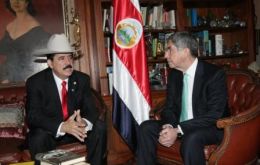
The head of the Honduran military pledged on Monday not to use deadly force against supporters of ousted president Manuel Zelaya and said the Army supports mediation efforts to solve the political crisis.
-
Tuesday, July 28th 2009 - 07:12 UTC
Less Bolivian gas production as Brazilian demand falls
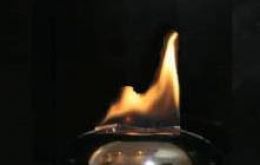
Brazil has reduced its demand for Bolivian natural gas to 24 million cubic meters per day, prompting a drop in production, according to reports in the La Paz press.
-
Tuesday, July 28th 2009 - 07:10 UTC
Traffic in Panama Canal slowing down, reports administration
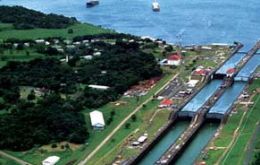
The number of vessels passing through the Panama Canal declined by 6.4% during the third quarter of Fiscal Year 2009, according to the waterway’s administration latest report.
